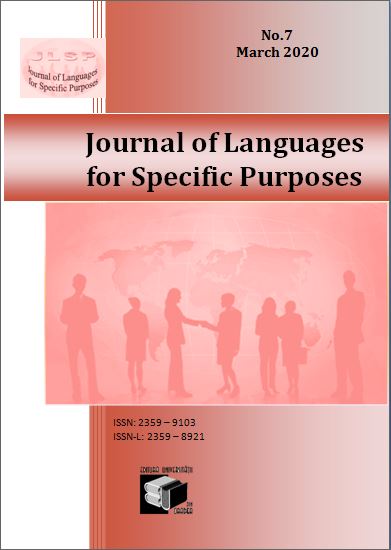How Do You Say Reach An Agreement In French
Most Slavic languages are very volatile, with the exception of Bulgarian and Macedonian. The correspondence is similar to Latin, for example between adjectives and nouns in gender, number, uppercase and lowercase (if counted as a separate category). The following examples come from the Serbokroatic: • Objects with two parts like pants, trousers, gloves, breakers, jeans, tights, shorts, pajamas, drawers, etc. and instruments such as scissors, pliers, scissors, binoculars, pliers, glasses, specs, folding, pliers, etc. adopt a plural beak when used in the coarse form and are singular when used with a pair. [5] Case-by-case compliance is not an essential feature of English (only personnel pronouns and pronouns that have casus marking). The agreement between these pronouns can sometimes be observed: in recent English there was a correspondence for the second person singular of all verbs in the present tense, as well as in the form of some usual verbs. It was usually in the form -est, but -st and t also occurred. Note that this does not affect terminations for other people and numbers. Here are some special cases for the subject-verb agreement in English: in Hungarian, verbs are polypersonal, which means that they correspond to more than one of the arguments of the verb: not only with its subject, but also with its object (battery). There is a distinction between the case where there is a particular object and the case where the object is indeterminate or where there is no object at all. (Adverbians have no influence on the form of the verb.) Examples: Szeretek (I like someone or something unspecified), more (I love him, she, she or she, in particular), szeretlek (I love you); szeret (he loves me, us, you, someone or something indeterminate), szereti (he loves him, him or her specifically).
Of course, names or pronouns can specify the exact object. In short, there is a correspondence between a verb and the person and the number of its subject and the specificity of its object (which often relates more or less precisely to the person). For example, in Standard English, we can say that I am or that he is, but not “I am” or “he is”. This is because the grammar of language requires that the verb and its subject correspond personally. The pronouns I and him are the first or third person respectively, just as the verb forms are and are. The verb must be chosen in such a way as to have the same person as the subject, unlike the fictitious agreement based on meaning. [2] [3] For example, in American English, the un expression is treated as a singular for the purposes of the agreement, although it is formally plural. Also note the concordance that is shown to be even in the subjunctive atmosphere.
In addition, the agreement launches an early retirement program for employees who will be able to retire at full capacity by the end of 2025. There are also matches in the number. For example: Vitabu viwili vitatosha (Two books will be enough), Michungwa miwili itatosha (Two orange trees will be enough), Machungwa mawili yatatosha (Two oranges will be enough). In English, defective verbs usually do not show a match for the person or number, they contain modal verbs: can, can, must, must, must, must, should, should, should. The very irregular verb to be is the only verb with more coherence than this one in the present tense. Such a concordance is also found in predicatories: man is tall (“man is great”) vs. chair is big (“chair is big”). (In some languages, such as German. B, this is not the case; only attribute modifiers show compliance.) In substantive sentences, adjectives do not correspond to the noun, although pronouns do. z.B. a szép könyveitekkel “with your beautiful books” (“szép”): the suffixes of the plural, the possessive “tone” and the uppercase /lowercase “with” are marked only on the noun. Languages cannot have any conventional correspondence, such as Japanese or Malay; Little, as in English; a small amount, as in spoken French; a moderate amount, as in Greek or Latin; or a large quantity, as in Swahili….





